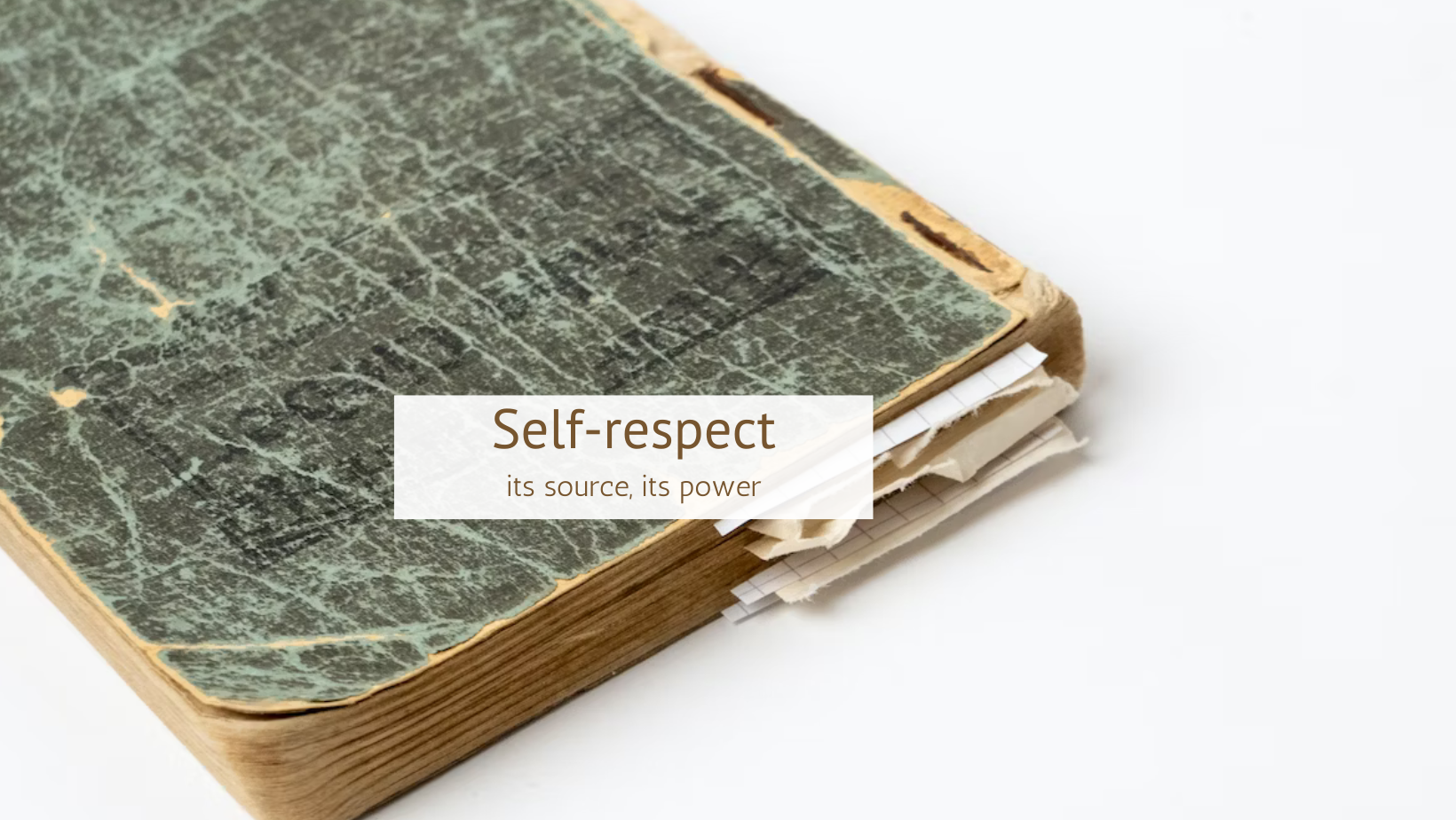We all have that one writer we discover in our youth. And we love that writer in a way we will never love any other writer. Mine is Joan Didion. A few years ago, I was reading a book from her, Slouching Towards Bethlehem. One of the chapters in the book is “On Self Respect”.
“Self-respect: Its Source, Its Power’’ is a seminal essay from Didion. It was first published in Vogue in 1961 and then in her author’s collection book in 1968.
Something about Joan Didion (1934 – 2021)
She was an American novelist, journalist, essayist, and screenwriter. She wrote some of the sharpest and most evocative analyses of culture, politics, literature, family, and loss. With her unique way of writing, she inspired writers and readers to put pen to paper and write about the world as they see it.
“I write entirely to find out what I’m thinking, what I’m looking at, what I see, and what it means. What I want and what I fear.”
Joan Didion
“On Self Respect”
In this essay, she explores the meaning of self-respect. The relationship between character, self-respect, and personal responsibility.
She wrote ”character – the willingness to accept responsibility for one’s own life – is the source from which self-respect springs.”
Didion begins the essay by reflecting on her struggles with self-respect. In her diary several years ago, she wrote in capital letters “innocence ends when one is stripped of the delusion that one likes oneself”.
She remembered being disappointed that she wasn’t accepted in Phi Beta Kappa despite knowing that she didn’t have good enough grades to be accepted. By sharing personal experiences and situations, she shows vulnerability and establishes her credibility. Her honesty changes this essay from an intellectual exercise in defining an abstract concept to a guide from a mentor who has done the hard work for herself and can also comfort and reassure many readers.
Apart from her personal experiences and revelations, Didion cites several literary and historical references where people exhibit either having or not having self-respect. She talks about Dostoyevsky’s Crime and Punishment, Rhett Butler and Scarlet O’Hara from Gone with the Wind. She compares Jordan Baker from The Great Gatsby to Julian English from Appointment in Samarra, Dante’s Inferno etc.
This display that self-respect is an exemplary concern in artists creative struggles to explore the human condition.
Reading Joan Didion had a big impact on me. Getting to know all these examples guides us on how to behave and it gives us the feeling that we are not alone.
I realised that self-respect is difficult to define because it differs from person to person. It all depends on the value and what is truly important to that person. Also, I realised self-respect has nothing to do with approval from others. It is mostly based on discipline and listening to one’s feelings.
We all have to go through finding ourselves at one point in time, no matter how long we wait to go through it.
“However long we postpone it, we eventually lie down alone in that notoriously uncomfortable bed, the one we make ourselves. Whether or not we sleep in it depends, of course, on whether or not we respect ourselves.”
Joan Didion
Marija



